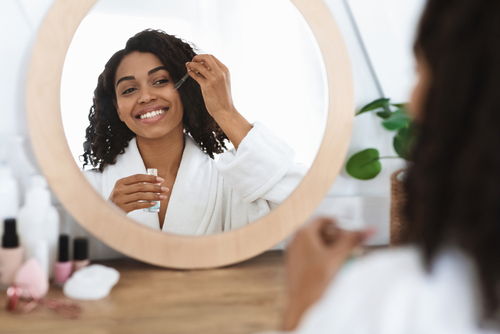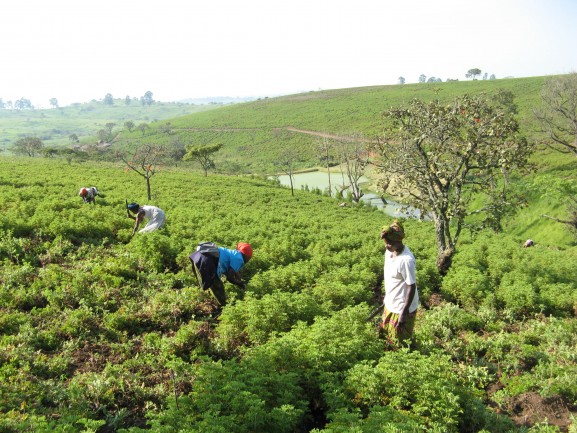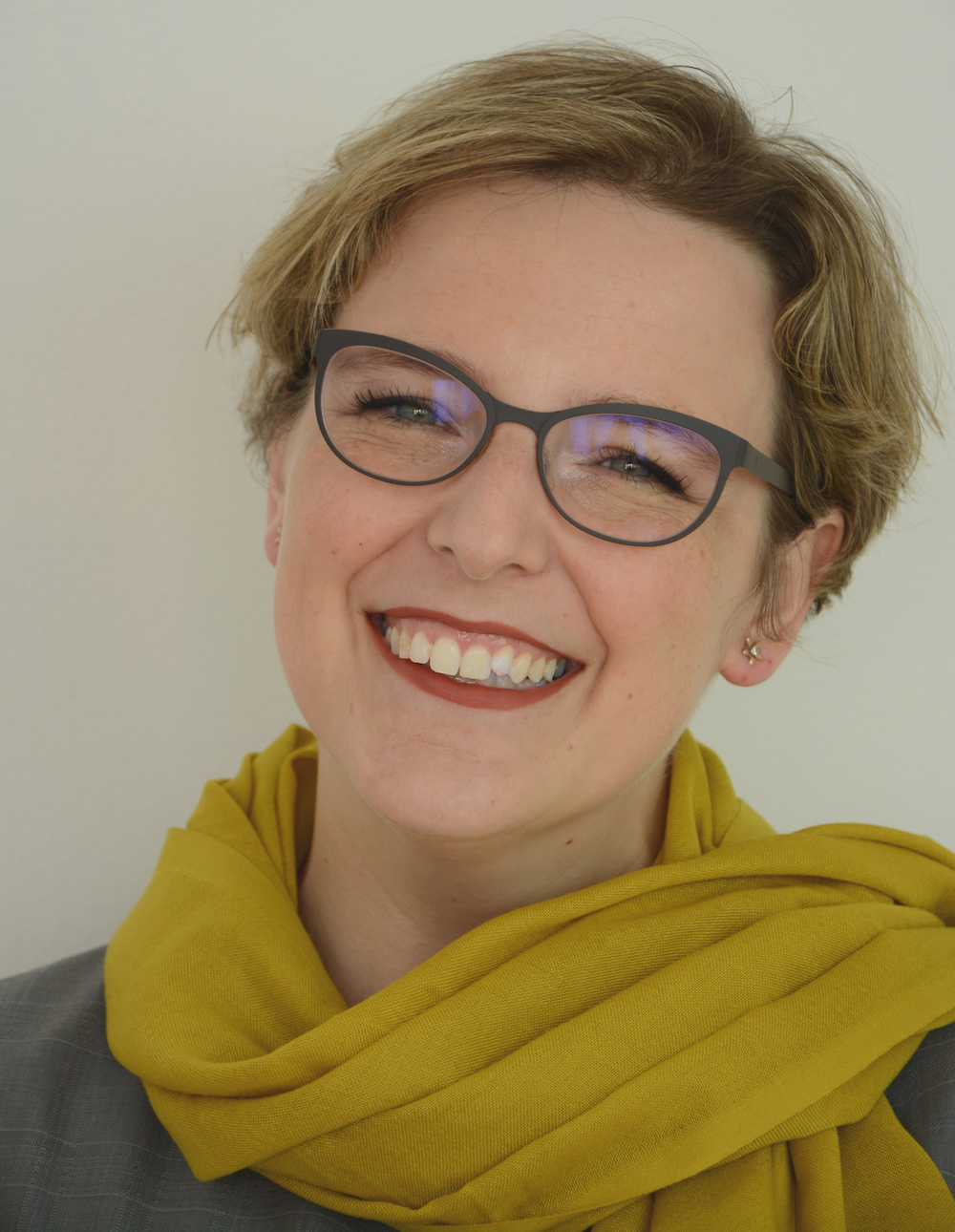by Hana Tisserand
It’s been three weeks since the death of George Floyd sparked a global reckoning of the state of our societies. Are we living in a just world? And if not, how are we going to make that a reality?
I have spent those three weeks listening and reading and educating myself (if you follow my personal Facebook profile, you may have seen some inspiring conversations happen there), and looking at not only where I personally can become more helpful, but where we, as the Tisserand Institute, can make a meaningful difference.
You know that we focus on education, the bigger picture, and the detailed story. We like going down rabbit holes – and I’m not going to lie, this rabbit hole is quite a deep one. But I wanted to talk about the two most important areas we want to focus on in creating a safer, healthier, and more just world. After all, that has always been the vision of aromatherapy.
The first one is health and wellness
Some time ago I asked my friends and colleagues, most of them female, why they got into complementary medicine. The answer was mostly because they felt neglected and unheard by their medical doctors, and wanted to take back the power to manage their health without being dismissed. This was echoed by a news report that prompted my question, speaking of disparity in health care between men and women.
Now that disparity is not only present in most countries, it is also worse for women of color, whose symptoms are even more often overlooked and underplayed. Yet the wellness community seems to be predominantly white.
 You all know how much transformation and empowerment essential oils brought to your lives, whether through their relaxing smells, or through their ability to soothe inflamed skin, or in any other way. And I believe that it’s important that we make sure these tools are available to everyone, especially as essential oils are already ubiquitous.
You all know how much transformation and empowerment essential oils brought to your lives, whether through their relaxing smells, or through their ability to soothe inflamed skin, or in any other way. And I believe that it’s important that we make sure these tools are available to everyone, especially as essential oils are already ubiquitous.
We have seen through notable projects in Haiti and Madagascar how much difference essential oils can make in a community that is lacking in proper healthcare. And it’s our mission to make the guidelines for efficient and safe use of essential oils available and accessible.
I am very proud of the fact that the Tisserand Institute community comprises people from all parts of the world, and all continents (perhaps except Antarctica) and many colors of skin. We want to continue to foster a global community of passionate essential oil users, whether they are aromatherapists, cosmetic formulators, pharmacists, or use them for their own wellness. And we want to continue to empower with knowledge on how to use essential oils best, and how to take that knowledge to your own communities where it is most needed.
The second area I want to touch on is sourcing and sustainability
Sustainability of essential oils has been a topic for us for a long time. When we talk about sustainability, most people think about the plants, the trees, the resins that are threatened by essential oil trade. Spikenard, Sandalwood, Frankincense… but we rarely think about the people who plant, grow and harvest the plants, and how sustainable the situation is for them.

Geranium growers in Congo, source: http://www.in2ni.com/essential-oil-production-in-east-congo-ituri/
Do you know where your oil comes from? What is the color of the skin of the person who took care of the plants, picked the flowers, distilled the oil. Do they work in a small cooperative, or a big corporation and have they been fairly compensated for their labor?
We asked you on our social media on whether focus on sustainability is important when looking for a supplier and the answers were overwhelmingly yes, very important. We also asked whether the company’s ethics towards their employees is important, and some of you asked “how can we know?”
The truth is that a few years back, not only would companies not be pledging their commitment to sustainability, but also would not be sharing analyses of their essential oils. The reason they do now is because you, their customers, demanded it. And in the same way, you, their customer, can demand to know how the company treats their employees and suppliers, whether they foster a diverse and thriving culture and give back.
As the Tisserand Institute, we will continue to look into the supply chains and highlight both the problematic areas and examples of good stewardship and community building, so that you can make an informed decision on who and how you support with your money.
And thirdly…
As I said, we have a global student body and following, and I hope that our community is as open to dialogue on this as they are on the issues about essential oils. We like to ask you thought-provoking questions, and welcome your feedback. And this time, I would like to invite the people of color who follow us, or study with us. How has the world of aromatherapy been for you?


Ojalá un día todos tengamos las mismas oportunidades 💜 💚
Greetings Hana,
I’m Robin Muse, a Black American female. I am currently in the process of completing my Aromatherapy Certification at Aromahead Institute. I have used essential oils for many years personally, but after retiring as a Public School Teacher, I decided to pursue my dream to be a certified aromatherapist.
While I love the training I receive at Aromahead, the lack of diversity in the wellness field including aromatherapy has been painfully apparent. I have started exploring Why?? There are many reasons, systemic Racism has been examined in great detail since the start of COVID -19 and the Brutal killing of George Floyd. Racism in the wellness/aromatherapy industry must be addressed before transforming solutions can be developed. That calls for looking introspectively at education, equity, procedures, cultures and standard practices that have promoted and sustained an industry that does not have enough representation from people of color.
I am beginning to examine my options to expose the valuable resources that essential oils contribute, while also providing tools to educate People of Color and increase accessibility of Products. I am considering inclusive business models that benefit communities and people of color with reduced access and limited resources. Change starts with me – the individual and branches out to the community.
Thank you Hana for Examining and writing on this very important and timely topic. I think it is important in your quest to make sure tools are available to everyone that you Listen to people of color currently in the wellness/aromatherapy industry. Let them articulate their struggles, disappointments and their hope/dreams as they give insight to where and how change needs to start.
I will be happy to further address concerns on this most pressing concern.
Hi Robin,
Thank you so much for taking your time to comment, and for your contribution and work. From my (limited) exploration of how People of Color move in the world of aromatherapy I have been humbled by the work done, especially in the areas where essential oils can have tangible and live-altering effect. And that’s the aromatherapy I signed up for, that’s what makes sense to me, and that’s what we strive to support here as well.
There’s many more conversations to have, and I am looking forward to all the stories I have yet to listen to.
Hana
Hey Robin
Its so nice to read YOur comment! Im also a black women originally from london but living in nyc. I just became a cErtified aromatheRapist from NY INSTITUTE if aromatherapy.
I do agree with you, i am yet to find another perSon of colour with similar inTerest which is what sparked my interest in RESPONDING to you. Would love to connect with you – you can find me on instagram @rachaeljoywilliams xx
I am thrilled that you are addressing an issue that means so much to me. I am a black woman who discovered essential oils 10 years ago. I began to study them and earned a certificate from Andre Butje’s Aromahead Institute.
I’m dismayed at how my attempts to share my love and appreciation for eo’s have been dismissed.
We desperately need them. And we desperatly need to help the people whoprovide them… Because they are us.
Bless you and your EFFORTS to be of help.
I’m very interested.